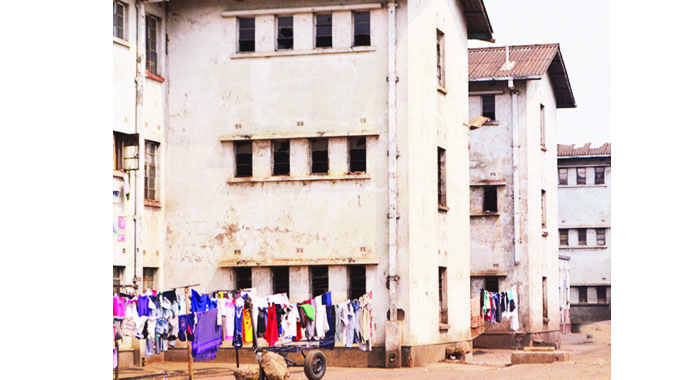Looking Back: Negotiations over cotton prices start

The Herald, 7 April 2004
NEGOTIATIONS over prices of cotton have started between growers and buyers before the selling season starts at the end of the month.
It has, however, emerged that the growers and buyers are yet to come up with an agreed pricing structure.
Cotton growers want an upward review of $5 000 for a kilogramme of their crop while the buyers are offering just $1 000.
Representatives of cotton growers met buyers at the end of last month to discuss the issue of prices, but nothing substantial came up.
“We met on March 26 and we explained to cotton growers about the prices. Some of the demands by the farmers were not realistic as they were asking for prices which are above the export prices,” said Mr Obert Jiri, commodities chief executive with the Zimbabwe Commercial Farmers’ Union.
Most cotton companies play with their cards close to their chests, as they would not want to divulge how much they are prepared to pay for the commodity.
This leaves farmers, who would have entered into contract with them, at a disadvantage as they are obliged to sell their crop to them.
“The best option is to sell back the crop to the contracting firm. We are going to link some of the farmers who are not contracted to high paying markets, because there are firms which link them to such markets,” added Mr Jiri.
Some cotton growers have already started selling their crop at $1 000 a kilogramme as they wait for the conclusion of the season prices.
Firms buying cotton have different price structures, but there is no significant difference.
LESSONS FOR TODAY
Cotton is the second most important cash crop in Zimbabwe after tobacco and is predominantly grown by smallholder farmers on an average of between one and two hectares under rain-fed conditions, hence the need to price it in a way that sustains the lives of the farmers.
Cotton by-products have a role in making cotton production more attractive, hence the need to set up more cotton processing plants in the country so as to add value to the product before exporting.
There is need to encourage farmers and other actors to form cooperatives in order to reach the economies of scale necessary to mount a commercial by-products business.
Cotton farming is also not spared from the effects of climate change, so there is need for stakeholder involvement in setting up mechanisms that make sure cotton production adapts to the changes.
The tensions in contracts between growers and buyers require regulation by the state and the neo-liberal ideology that promotes free markets so as to promote production of the crop.








Comments